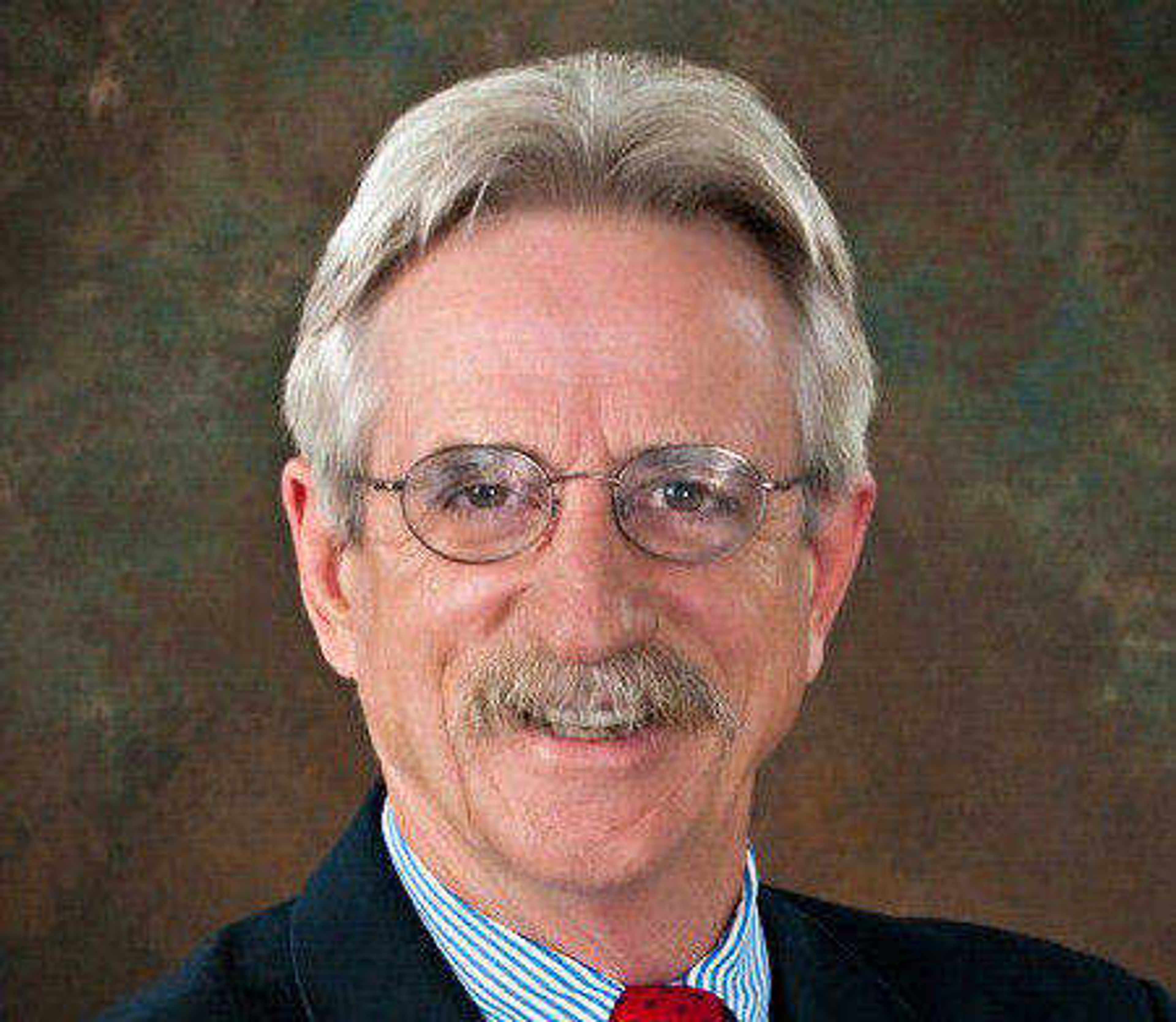Out of poverty
For many of us, this week brings that special day when we pay our federal and state income tax. Notice I didn't say for most of us, because the reality is that nearly half of all Americans pay no income taxes. Either these wage earners make too little or they receive enough credits and deductions to nullify their taxes and bring them a refund. Most of those refunds are triggered by the earned income credit, which has become a substantial source of income for many in this region...
For many of us, this week brings that special day when we pay our federal and state income tax. Notice I didn't say for most of us, because the reality is that nearly half of all Americans pay no income taxes. Either these wage earners make too little or they receive enough credits and deductions to nullify their taxes and bring them a refund. Most of those refunds are triggered by the earned income credit, which has become a substantial source of income for many in this region.
I have no problem with paying taxes. I recognize that tax revenue is required to keep our society functioning and safe. And I fully support the concept that those who earn more should obviously pay more.
But the devil is in the details, and the current "tax the rich" concept poses more potential risks than you can count.
You've heard the numbers before, but they bear repeating. The top 5 percent of wage earners in this country pay 56 percent of the total tax burden. Granted, those top 5 percent make handsome incomes that are worthy of taxing to the maximum. But when is it too much?
Some states -- New York comes to mind -- tax their top-tier income earners nearly 60 percent of that total income with all taxes considered. When the government takes 60 cents of every dollar you earn, perhaps the scales are woefully out of balance.
It takes an enormous amount of revenue to support government at all levels. But when you tax at a rate that high to support a host of questionable programs, there should be outrage.
Every study imaginable proves that tax-rate cuts produce jobs. If a small-business owner can save in taxes, he can hire more workers. That in turn generates more taxable income, and growth follows quickly.
But this administration is in an obsessive movement to redistribute income and level the proverbial playing field. Despite all evidence to the contrary, the current administration does not waver from that position.
If you tax the rich and spread those funds to the poor, surely someday soon we will clearly win the War on Poverty and the playing field will at long last be leveled. Right?
Well, since we declared that famous War on Poverty, an estimated $40 trillion has been spent to lift the poor population to a higher level. Keep in mind that all of those funds spent during this "war" resulted from taxes on someone's labors.
Yet the poverty rates remain as high today as anytime in history.
Taking from the rich to help the poor is a concept worth abandoning. Give the rich the tools to create jobs, and the poor will find avenues to lift themselves. All levels of government benefit accordingly.
This nation's fiscal future is gloomy by all estimates. Unfunded entitlements, soaring deficits and a sluggish economy offer a formula for potential disaster. Soaking the rich -- regardless of your definition -- is a train wreck in the making.
Connect with the Southeast Missourian Newsroom:
For corrections to this story or other insights for the editor, click here. To submit a letter to the editor, click here. To learn about the Southeast Missourian’s AI Policy, click here.










